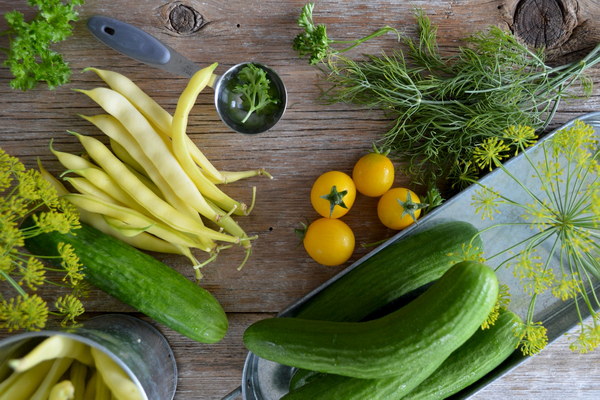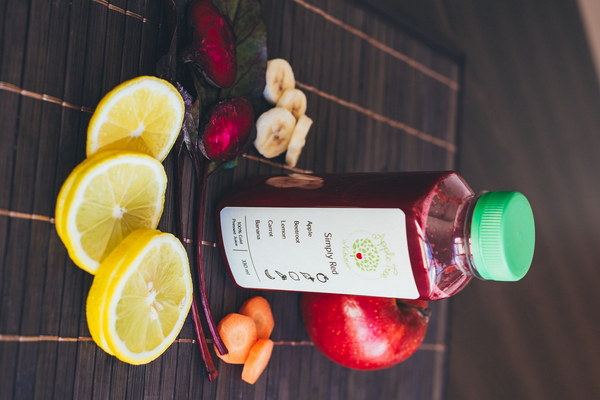Nourishing Your Liver Discover the Korean Approach to Liver Health and Wellbeing
In the bustling streets of Seoul, where the vibrant culture meets cutting-edge technology, there's an increasing awareness of the importance of liver health. As a country known for its culinary delights and traditional remedies, Korea offers a unique approach to liver care and wellness. Let's explore the Korean perspective on liver health and discover how to nourish this vital organ.
Understanding Liver Function
The liver is a crucial organ responsible for detoxifying the body, processing nutrients, and producing bile, which aids in digestion. It's also responsible for storing vitamins and minerals, and producing blood-clotting factors. Given its multifunctional role, it's no surprise that liver health is a top priority in Korean society.
Korean Diet and Liver Health
Korean cuisine is renowned for its diversity and health benefits. Many traditional Korean dishes are rich in antioxidants and nutrients that support liver function. Here are some key components of the Korean diet that contribute to liver health:
1. Ginseng: A well-known adaptogen, ginseng has been used in traditional Korean medicine for centuries to boost the immune system and improve liver function.

2. Seaweed: High in antioxidants and essential minerals, seaweed is a staple in Korean cuisine. It helps to detoxify the liver and support its natural function.
3. Green Tea: Rich in antioxidants, green tea is a popular drink in Korea. It's believed to help reduce liver inflammation and improve liver enzyme levels.
4. Fermented Foods: Kimchi, doenjang, and gim are just a few examples of fermented foods that are a staple in Korean cuisine. These foods contain beneficial probiotics and enzymes that promote gut health, which in turn supports liver function.
5. Soy Products: Tofu, soy milk, and other soy products are common in Korean dishes. Soy contains compounds that have been shown to protect the liver from oxidative stress.
Herbal Remedies and Traditional Practices
In addition to a balanced diet, Koreans turn to traditional remedies and practices to support liver health:
1. Donguibogam: This ancient Korean medical text emphasizes the importance of balancing the body's yin and yang. It offers guidance on diet, exercise, and herbal remedies to maintain liver health.
2. Herbal Teas: Various herbal teas, such as codonopsis tea and rehmannia tea, are consumed in Korea to support liver function and boost overall health.
3. Acupuncture and Moxibustion: These traditional Chinese medicine practices are used to improve liver function by balancing the body's energy flow.
Lifestyle Tips for Liver Health
In addition to diet and traditional remedies, adopting a healthy lifestyle can help maintain liver health:
1. Regular Exercise: Physical activity helps improve liver function and supports overall health.
2. Adequate Sleep: Sleep is essential for the body's natural detoxification process, which occurs mostly during the sleep cycle.
3. Stress Management: Chronic stress can impact liver function. Techniques such as meditation, yoga, and deep breathing can help manage stress levels.
4. Avoiding Harmful Substances: Limiting alcohol consumption, avoiding smoking, and avoiding other harmful substances can protect the liver from damage.
By incorporating these practices and foods into their daily lives, Koreans are taking a proactive approach to liver health and well-being. Embracing the Korean perspective on liver care can provide valuable insights for anyone looking to maintain a healthy liver. So, why not adopt some of these practices and start nourishing your liver today?









